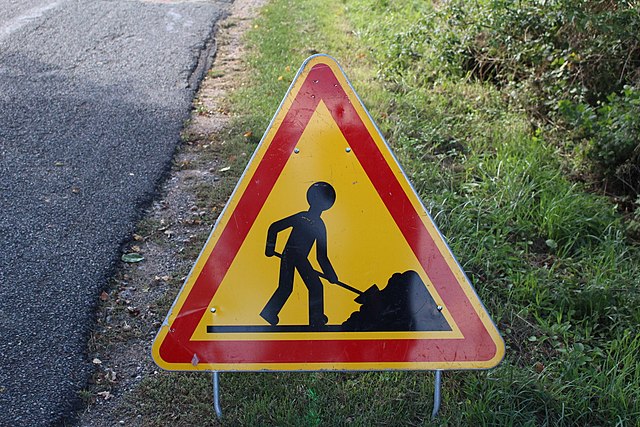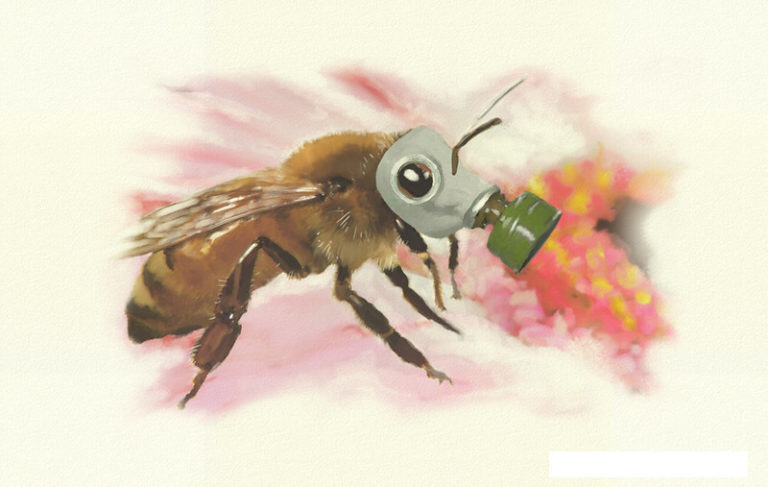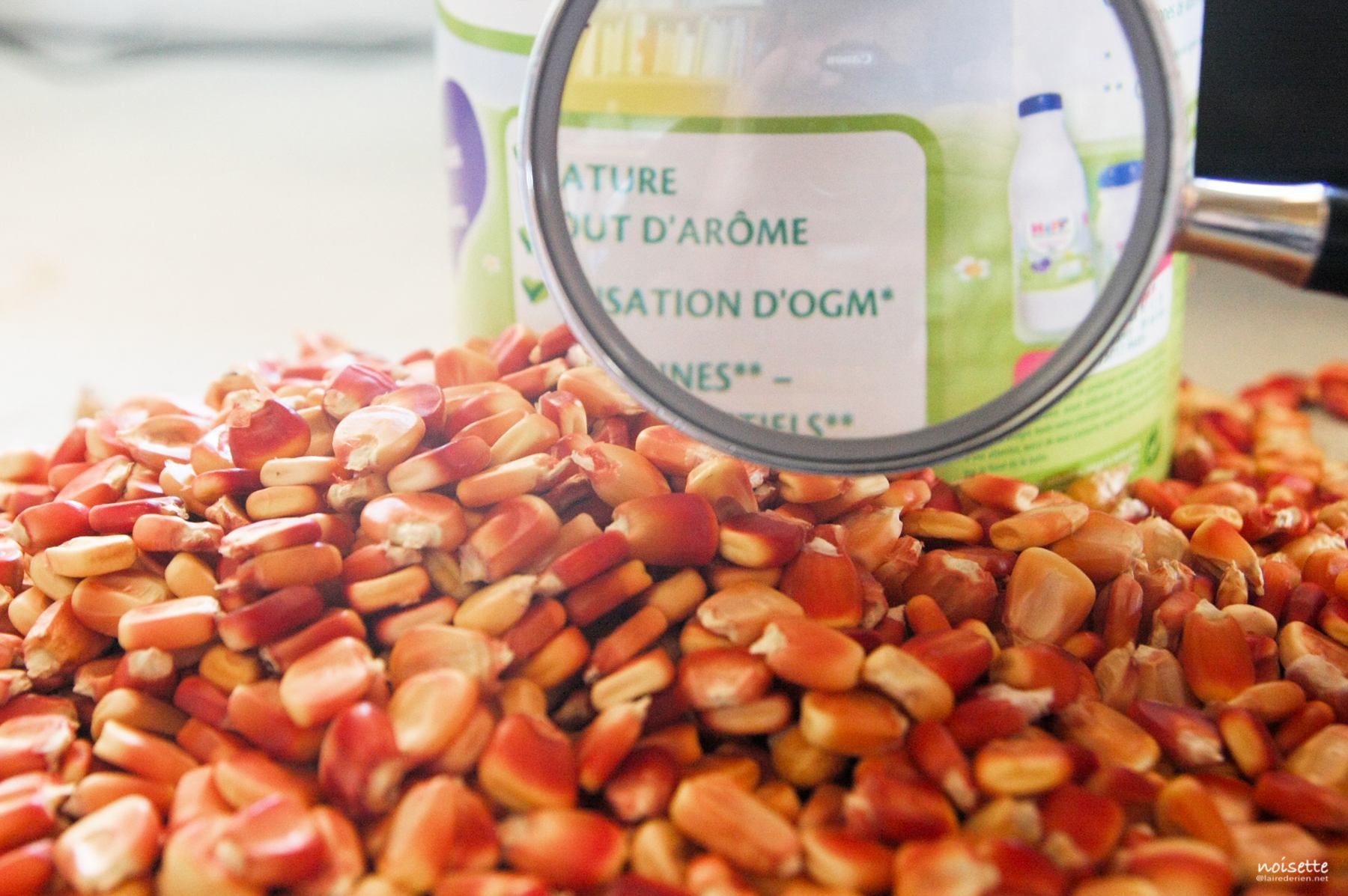News
A french expert committee transparent on the limits of its own expertise

At the beginning of March 2023, the french expert agency, the Anses, listed the situations which limit the quality of its scientific expertise, such as conflicts of interest, urgency, the impossibility of taking into account the most recent data, etc. The GMO dossier is not quoted among the examples, but the observations made by the Agency are nonetheless fundamental in order to understand the limits imposed on its work.
In the fall of 2020, the Scientific Council of the Anses (National Agency for Food, Environmental and work Health Safety, in french : Agence nationale de sécurité sanitaire de l’alimentation, de l’environnement et du travail) noted that, over the past few years, “among the hundreds of opinions issued by the Anses, some, which relate to regulated products, have given rise to controversy and debate”. It then appointed an internal working group whose final report, adopted by the Scientific Council, was delivered in the fall of 2022. It formulates “recommendations aimed at reinforcing the credibility of the Agency’s expertise” [1].
The Anses, judge and jury for plant protection products
To fulfil its mission, the working group considered three cases which, although recognized as rare and not representative of the hundreds of opinions issued each year by the Agency, were considered “relevant for an in-depth analysis of the scientific credibility of the Anses”. These three cases concern plant protection products: glyphosate, SDHI fungicides and neonicotinoids. According to the Scientific Council, the first two were the subject of “intense controversy and debate […] in various arenas (media, Parliament, non-governmental organizations (NGOs), administrations…), which damaged the agency’s reputation – in contrast to the case of neonicotinoids, for which criticism of the agency’s expertise remained limited”.
Four types of problems arise for the Anses, according to the Scientific Council. The first concerns the difficulty for Anses to take into account “the most advanced scientific knowledge”. At the root of this observation is the fact that risk assessment must follow regulatory standards. Unlike fundamental research, experiments aimed at analyzing the risks associated with the use of a product, such as its toxicity or allergenic potential, must comply with specific rules. These rules can impose a type of test such as the “pepsin test” to evaluate allergenicity – to which we will return later – or the type and number of animals to be used, for example, for a toxicology evaluation. They also require that these regulatory analyses be conducted in laboratories that have received accreditation for this purpose, as they comply with “good laboratory practice”. However, for the Scientific Council of the Anses, these regulatory standards can limit risk assessment to “knowledge produced according to regulatory frameworks and/or in laboratories governed by good practices”. The impossibility for the Anses to take into account the latest scientific results can lead to “a gap between scientific knowledge and expert results, a source of public controversy”.
Another concern identified was the fact that scientific articles signed or co-signed by employees of private companies, also requesting authorization, or financed by companies, were taken into account without hindsight. This is a situation that Inf’OGM will analyze further in a future article, but we can already emphasize that, for the Scientific Council of the Anses, this agency has “no methodology or recommendations for analyzing the links of interest in the literature and contextualizing a publication financed by a firm that has an interest in a regulation that is favorable to it, or co-authored by employees of this firm”.
A third problem that the Anses faces is the urgency of issuing certain opinions. The Anses states that a “quality scientific expertise” requires time. However, in order to respond to this urgency, the Scientific Council notes that the Anses may have to “adapt […] the usual and codified rules of collective expertise (plurality, capacity to analyze all available data, time for collective work…)”. A work in a hurry that can make the results of the expertise “fragile”.
The last problem, which is similar to the first in its consequences, is the dual role of the Anses. This body is in charge of assessing the risks associated with the use of plant protection products and, since 2015, it has been delegated the sovereign power of the State, which is responsible for authorizing the marketing of these products and their eventual withdrawal [2]. However, the Scientific Council notes that a difficulty has arisen for the body in having to “reconcile, on the one hand, the implementation of an independent and pluralist scientific expertise, and on the other hand, the description of a mission constrained by a regulatory framework”. Put more bluntly, it is difficult to be both judge and jury. Such a situation reinforces the “discrepancies between the state of scientific knowledge and the regulatory framework [which] frequently occur”. It is particularly acurate in cases where there are “situations of uncertainty, where, in application of the precautionary principle, it is necessary to qualify the uncertainty and the level of risk” and, at the same time, “to implement proportionate measures” as the body issuing authorizations. For the latter, the Scientific Council notes that this “requires, among other things, knowledge of the socio-economic impacts of the measures and the possible alternatives”.
The words of the Minister of Agriculture illustrate one of these problems
This last observation made by the Scientific Council has found a particular resonance in the news. In February 2023, the Anses decided to modify the authorization issued for herbicides based on S-metolachlor, in particular following “an expertise on the risk of contamination of groundwater by the herbicide substance S-metolachlor and its metabolites” [3]. This expertise shows that three metabolites of this molecule would be found in groundwater in quantities exceeding the limit set by European legislation. As a consequence, the Anses indicates having decided, in order “to preserve the quality of water resources, [to] initiates the procedure to withdraw the main uses of S-metolachlor-based plant protection products”.
But this decision does not please the french Minister of Agriculture, Marc Fesneau. Speaking at the end of March at the annual congress of the FNSEA (Fédération nationale des syndicats d’exploitants agricoles), he made an unusual charge against the Anses [4]. Speaking generally about the non-renewal of plant protection product authorizations and the “impasses, alternatives and questions” that this poses, he announced that a study would be conducted “by the Ministry, with representatives of the sectors, the technical institutes, INRAE and the Anses, with proposals expected in September”. Above all, he stated more explicitly that “we must get out of the logic where we do not look at the consequences of banning a product on an entire sector because we had already banned so many that only one or two products remained”. The Minister therefore clearly indicated that he did not exclude the continued use of such molecules if there are no alternatives. He then lashed out at the Anses, indicating that he did not want to be “the minister who will abandon strategic decisions for our food sovereignty to the sole discretion of an agency”. For the Minister, “yes, we must rely on science […] but the Anses does not have the vocation to decide on everything, without ever thinking about the consequences for our industries”. He therefore asked the Anses to reassess its decision, a request that sounds like a slap in the face to the Agency, which had just highlighted, in its report on the credibility of its expertise, the limits of the missions entrusted to it.
On GMOs, the expertise is also hindered
In the GMO dossier, the Anses acts solely as an expert committee providing the government with a scientific opinion. On this basis, the government decides how it wishes to vote at the European level on the applications for authorization submitted. It should be noted here that in the event of an unfavorable opinion from its committee of experts on a GMO authorization request, the government chooses to vote against the authorization. A vote that never changes the fact that the Member States do not reach a qualified majority, leading the European Commission to be the final decision-maker on an authorization request.
Some of the problems raised by the Scientific Council were illustrated by the GMO dossier. One such issue is the question of scientific studies with a conflict of interest. In 2016, researchers from the Public Institute of Agronomic Research (INRA) had examined scientific studies that dealt with the effectiveness or sustainability of transgenic insecticide Bt plants. And their work showed that “40% of the publications studied present a financial conflict of interest” [5].
The same is true for the weight of industry in establishing the rules of regulatory expertise, which prevents an agency from taking scientific results into account. In 2012, Frédéric Jacquemart, former President of Inf’OGM, was interested in the assessment of the risks linked to transgenic corn MON810, and in particular the allergic risks. His findings highlighted a significant paradox: to assess the allergological risk of GMOs, experts looked at the results of a test called “pepsin resistance test”, which they knew was not conclusive in predicting a possible risk in case of commercialization, as basic research has shown. But the international norms on the regulatory evaluation of GMO risks, enacted by the Codex Alimentarius, imposed this test on the basis of a scientific publication by former Monsanto employees [6]!
The last example is the problem of access to the most recent scientific data, which was also denounced in the “GMO” dossier. Or, more precisely, the problem of the non-publication of data which, in fact, are not made available for risk assessments. Companies can indeed use their patents to prohibit the publication of existing scientific results. More than ten years ago, it was reported how, in the United States, companies holding patents were able to use them “to obstruct public sector research projects” or to prohibit the publication of results [7]. For example, these companies condition access to the seeds that they alone hold on the requirement that they obtain their consent before any publication of the results of their evaluation, allowing them to prohibit publication contrary to their interests.
[1] Conseil scientifique de l’Anses, “Avis relatif au rapport du GT « Crédibilité de l’expertise scientifique » issu du Conseil scientifique”, 09 March 2023.
[2] Ibid., page 111.
[3] Anses, “S-métolachlore : vers l’interdiction des principaux usages pour préserver la qualité des eaux souterraines”, February 15, 2023
[4] Alessandra Gambarini, “L’Anses n’a pas vocation à décider de tout”, La France Agricole, March 30, 2023
[5] , « La recherche sur les OGM entachée de conflit d’intérêt », Inf’OGM, 19 December 2016 (in french).
[6] See page 35 of the booklet “Expertise des OGM : l’évaluation tourne le dos à la science”, F. Jacquemart, Inf’OGM, 2012
[7] , « Etats-Unis : les brevets ne bloquent plus (complètement) la recherche », Inf’OGM, 8 October 2012 (in french).











